Latest News
Afghans living in US called for an end to Pakistan’s involvement in Afghan govt. affairs
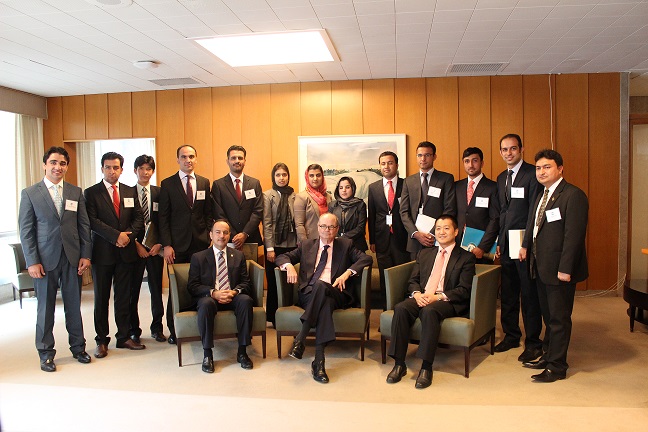
Afghans who are living in the United States called for an end to Islamabad’s involvement in Kabul’s affairs by the United Nations (UN) and particularly the security council of UN.
A number of cultural and national personalities in commemoration of the “Martyrs Week” said that if Pakistan’s plots do not prevented, they will sacrifice themselves as the National Hero, Ahmad Shah Masoud.
They said that the formation of Daesh group is one of the Pakistan’s Inter-Services Intelligence ISI plans.
The gathering also criticized the functioning of the National Unity Government (NUG) and emphasized on Masoud’s followers must have thought his ways so that the country did not face such misery.
The statements come as that Afghanistan, particularly Kabul have witnessed insecurities which Islamabad is blamed for all of this. Even in some cases, Pakistan has directly considered the main responsible for Afghanistan’s insecurity.
Afghanistan and Pakistan share multiple strands of culture, history, religion, and civilization, but the two countries have never succeeded in establishing bilateral relations free of tensions. Rather, passive antagonism and mistrust have marked bilateral ties for the larger part of more than half a century following the creation of Pakistan.
The intensity of hostility has varied under different regimes in Afghanistan, however, and though brief periods of cordiality have occurred as well, these have never been enough to provide a consistent positive direction.
Although relations were stable to some extent under the Afghan monarchy and opposing claims over the boundary and tribes in the frontier region did not provoke serious conflict, a feeling of estrangement prevailed.
The two states developed very different strategic visions and perceptions of regional roles, and became enmeshed in competing structures of global power.
Their opposite tendencies in foreign and security policies manifested finally in the superpower contest of the 1980s; the Afghan government hosted the Soviet forces while Pakistan aligned with both the Afghan mujahideen rebels and the United States to defeat the Red Army.
As the effects of the Soviet-Afghan War spilled over into Pakistan in the form of millions of Afghan refugees and tens of thousands of armed fighters, Pakistan became deeply involved in Afghanistan’s internal affairs.
The civil war between the Taliban and the Northern Front (comprised of Afghan factions), which forced every neighboring country to engage in a regional “great game,” drew Pakistan closer to the Taliban.
The Northern Front leaders, who benefited from Pakistan during the Soviet-Afghan War, blamed Pakistan for the suffering and pain that the Taliban inflected on them.

Latest News
Afghanistan welcomes investment and technology partnerships with India
Azizi welcomed the proposals, emphasizing Afghanistan’s abundant investment opportunities and reaffirming full support.
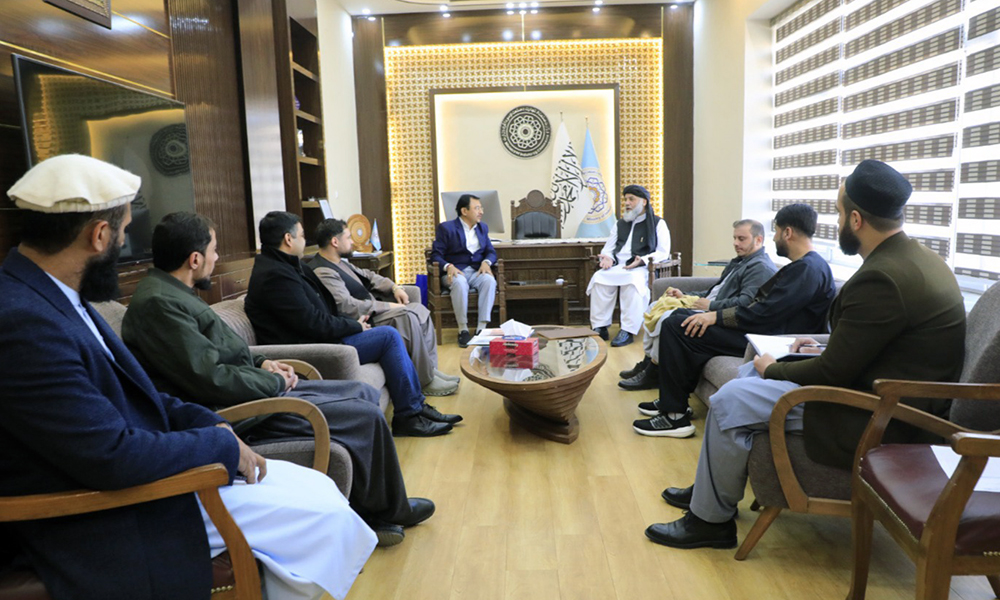
Nooruddin Azizi, Afghanistan’s Minister of Commerce and Industry, met with Ankush Satana and his delegation at his office to discuss expanding economic and technological cooperation.
During the meeting, Satana expressed interest in establishing a gemstone exhibition salon in Afghanistan and connecting Afghan and Indian traders in the pharmaceutical sector.
He also highlighted Germany’s advanced technology capable of producing large quantities of diesel fuel from collected plastic waste and expressed willingness to transfer this technology to Afghanistan.
Azizi welcomed the proposals, emphasizing Afghanistan’s abundant investment opportunities and reaffirming full support.
He noted that the country’s private sector is active and prepared to collaborate with foreign investors.
This meeting represents a significant step toward strengthening economic partnerships and fostering technology transfer, further boosting Afghanistan’s position as a hub for investment and trade in the region.
Latest News
Khyber Pakhtunkhwa governor urges political dialogue with Afghanistan
Kundi stated that security in Khyber Pakhtunkhwa is directly affected by conditions in Afghanistan and recalled how past conflicts, including post-Soviet wars and post-9/11 events, fueled militancy in the region.
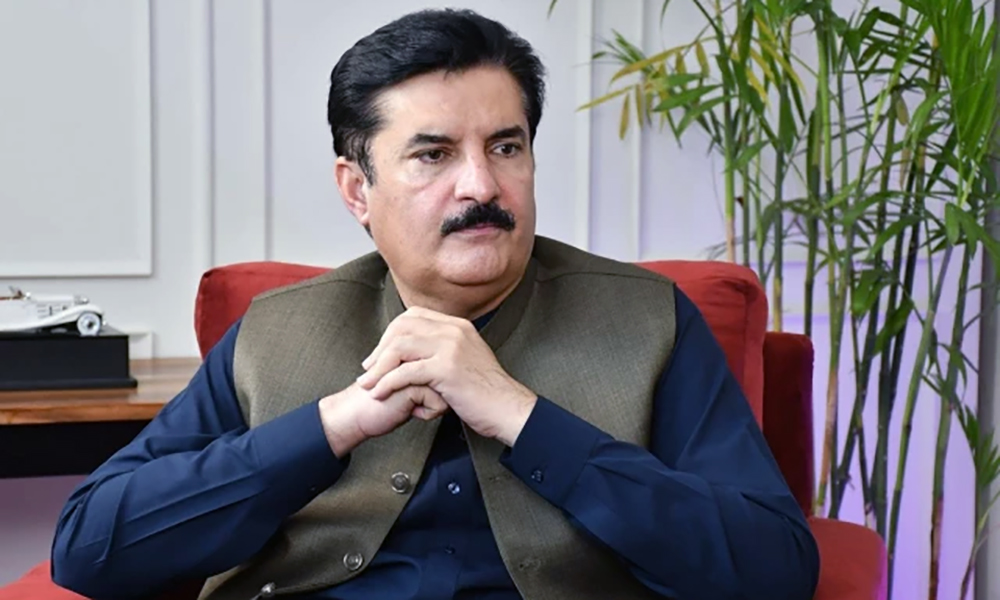
Faisal Karim Kundi, Governor of Khyber Pakhtunkhwa, stressed the importance of political dialogue with the Islamic Emirate of Afghanistan during a regional meeting on “Security, Trade, and Economic Affairs between Pakistan and Afghanistan” held in Peshawar.
The event was hosted by the University of Peshawar’s Department of International Relations.
Kundi said that domestic and cross-border challenges can only be addressed through constructive engagement among political leaders. He emphasized that a stable Afghanistan is essential not just for Pakistan, but for the wider region, and that lasting peace is key to economic growth and expanded trade.
The meeting also addressed regional security, trade challenges, and the potential of Pakistan-Afghanistan crossings to strengthen connectivity with Central Asia.
Kundi stated that security in Khyber Pakhtunkhwa is directly affected by conditions in Afghanistan and recalled how past conflicts, including post-Soviet wars and post-9/11 events, fueled militancy in the region.
The IEA has meanwhile not commented on Kundi’s remarks but officials have in the past repeatedly acknowledged the need for positive dialogue with neighboring countries to strengthen ties and economic relations.
Latest News
US raises concerns over American detainees in Afghanistan
Zabihullah Mujahid, spokesperson for the Islamic Emirate, said talks with U.S. officials are ongoing and expressed hope for a peaceful resolution.

Don Brown, U.S. chargé d’affaires for Afghanistan in Qatar, expressed concern over American citizens currently detained in Afghanistan, describing their situation as “regrettable” and calling for continued diplomatic efforts to resolve the matter.
Brown noted that the detainee issue remains a key focus in discussions between Washington and Kabul.
Zabihullah Mujahid, spokesperson for the Islamic Emirate, said talks with U.S. officials are ongoing and expressed hope for a peaceful resolution.
The matter has been part of U.S.-Afghanistan engagement for several years, with past negotiations securing the release of some Americans.
In September 2025, the U.S. established a framework allowing sanctions on entities that wrongfully detain American citizens.
The situation underscores the continuing importance of detainee negotiations in U.S.–Afghanistan relations.
-
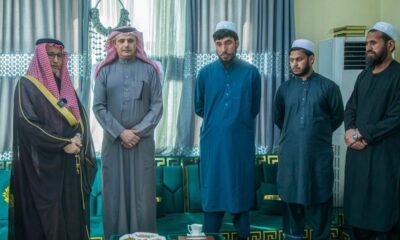
 Latest News2 days ago
Latest News2 days agoIEA releases three Pakistani soldiers to mark Ramadan
-
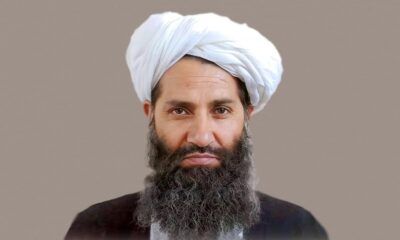
 Latest News2 days ago
Latest News2 days agoGrateful to Afghans and Ulama for obeying the Islamic Emirate, says Hibatullah Akhundzada
-
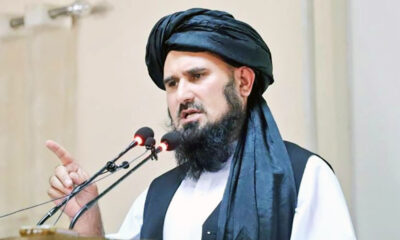
 Latest News1 day ago
Latest News1 day agoAfghanistan’s Chief of Armed Forces underscores readiness and equipment for national defense
-
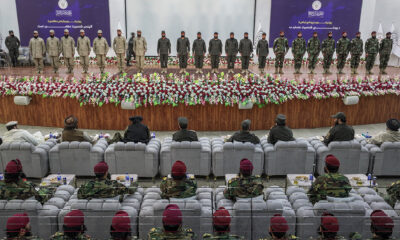
 Latest News3 days ago
Latest News3 days agoAfghanistan’s defense ministry unveils new military uniforms for armed forces
-
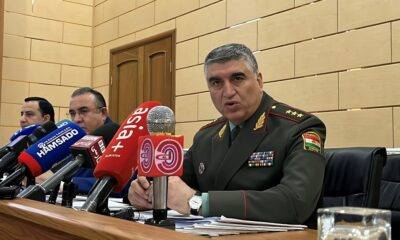
 Latest News4 days ago
Latest News4 days agoTajikistan: Recent attacks from Afghanistan aimed at damaging our relations with China
-

 Business4 days ago
Business4 days agoIran–China rail link via Afghanistan proposed to cut transit time
-
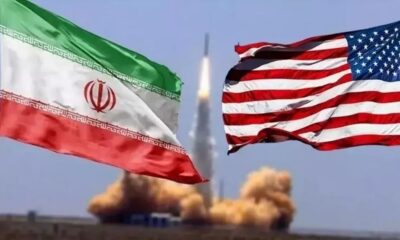
 Latest News4 days ago
Latest News4 days agoIran would prevail in potential conflict with the United States, says IEA spokesman
-
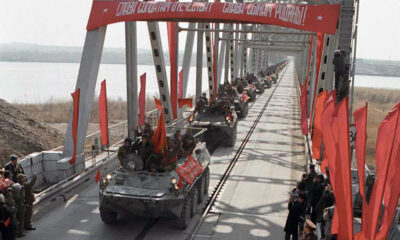
 Latest News5 days ago
Latest News5 days agoIEA marks 37th anniversary of Soviet withdrawal from Afghanistan















